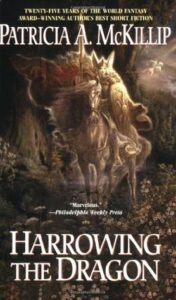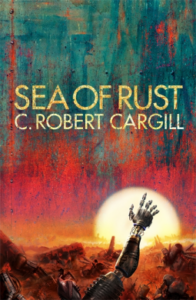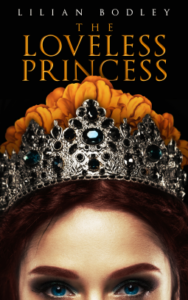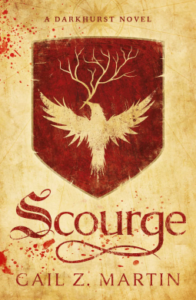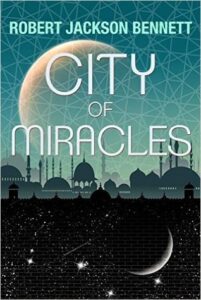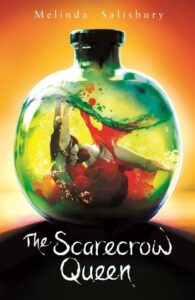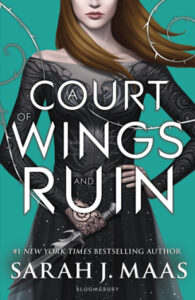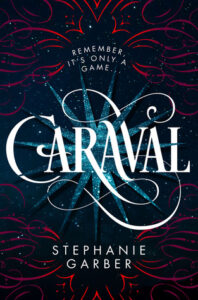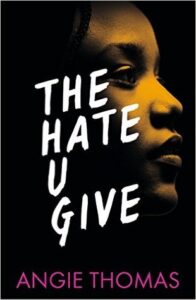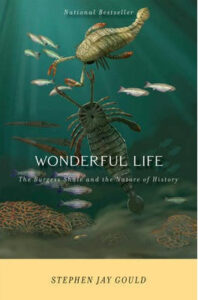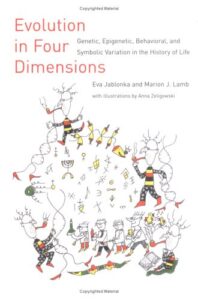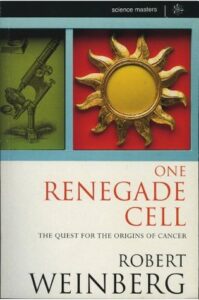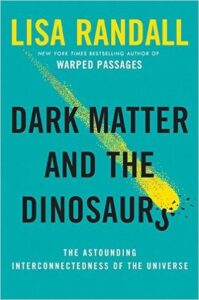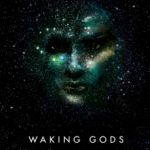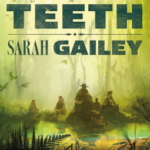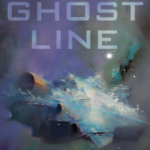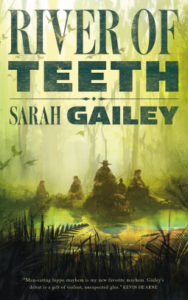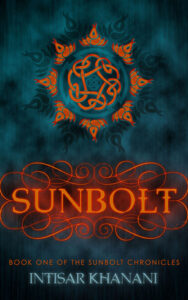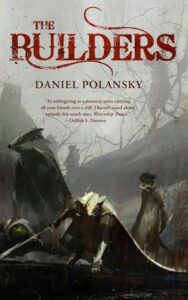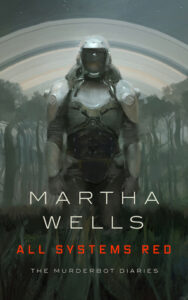 Waking Gods, Sylvain Neuvel
Waking Gods, Sylvain Neuvel
Received to review via Netgalley; publication date was 6th April 2017
Wow. Sylvain Neuvel isn’t messing around. Waking Gods is the follow-up to Sleeping Giants, and it doesn’t pull punches. If you hoped that it’d end with everything being okay, well, certainly not yet. And there’s apparently more to come, if the ending of this book is any indication…
I don’t want to say too much about the plot, because it’s worth discovering it yourself. The structure is the same as in the first book, and if that annoyed you previously, then this isn’t going to be any better for you. If you found it simultaneously frustrating and intriguing, then that sensation will also pretty much persist. If you straight-up love it, well, again. The point is, the format hasn’t changed, and it’s roughly the same characters as well. However well those things worked for you in the first book is likely to be repeated.
If Mitchell could just, like, implode or something, I’d be pretty happy, I’ve gotta say.
The solution at the end of this book struck me as a bit convoluted and contrived, because of the constraints on it and the limited time to suddenly figure it out. All the same, hurrah for the character who figured it out making good.

